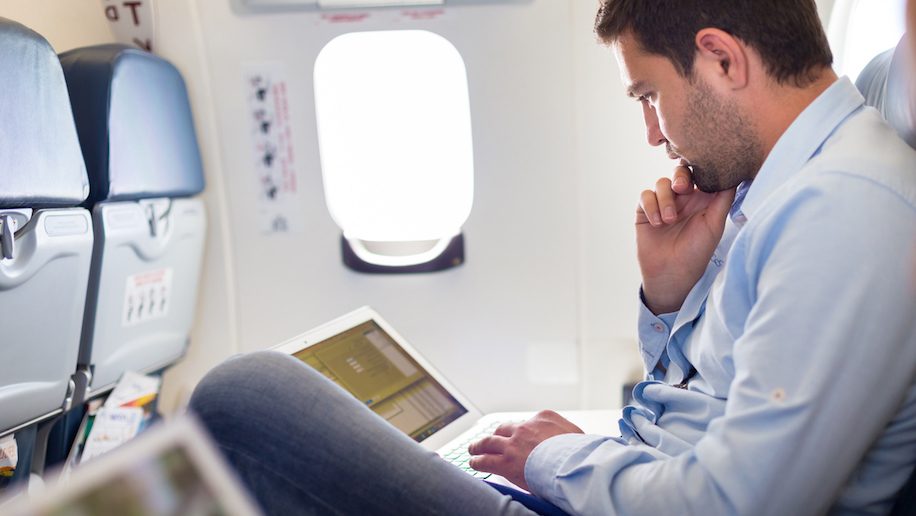
The US Department of Homeland Security has officially announced the end of the laptop ban.
The past few weeks have seen a number of the ten Muslim-majority countries originally affected by the ban progressively become exempt from the restrictions, among them Abu Dhabi at the beginning of July, followed by Doha, Kuwait, Amman, and Cairo.
Originally launched in March earlier this year, the ban saw all passengers flying to the US from ten airports in the Middle East have to stow all electronic devices larger than a smartphone in their checked luggage, including laptops. The ban has since come under significant scrutiny, notably from the International Air Transport Association (IATA) and the Association of Corporate Travel Executives (ACTE).
In a statement following the lifting of the ban, ACTE executive director, Greeley Koch, said:
“We are heartened to hear that the Trump administration has finally ended its laptop ban. This is one less burdensome regulation business travellers – and tourists – must grapple with as they plan their future travel.
“The policy was insufficient as a standalone measure to address very real ongoing security threats, and did not take into account the need for travellers to maintain connectivity and productivity, especially for long intercontinental flights where being off the grid can lead to business interruption.
“We’re happy to see the administration demonstrate flexibility and recognition of the important strides the global airline industry has made towards safer travel. That being said, there remain other travel policies that continue to leave questions unanswered; namely, the immigration ban introduced earlier this year.
“We’d hope that the Trump administration would seriously reconsider such policies, as well, and focus their resources and efforts on developing enhanced screening techniques and technologies that better serve travellers and provide the comprehensive security we need.”











